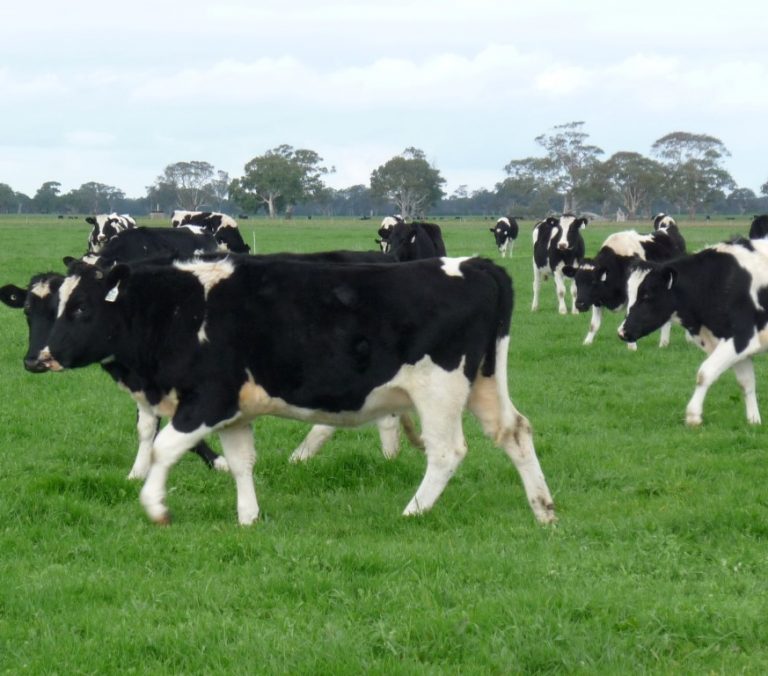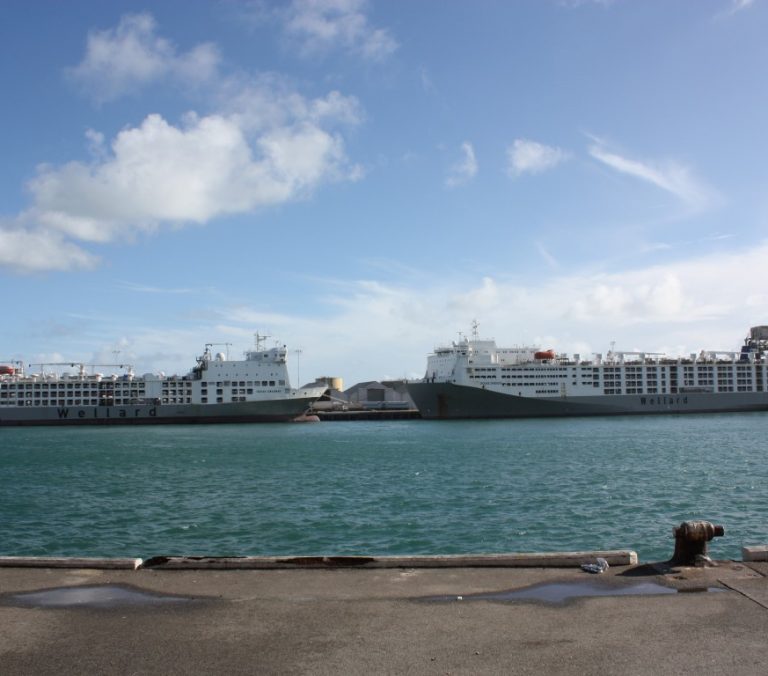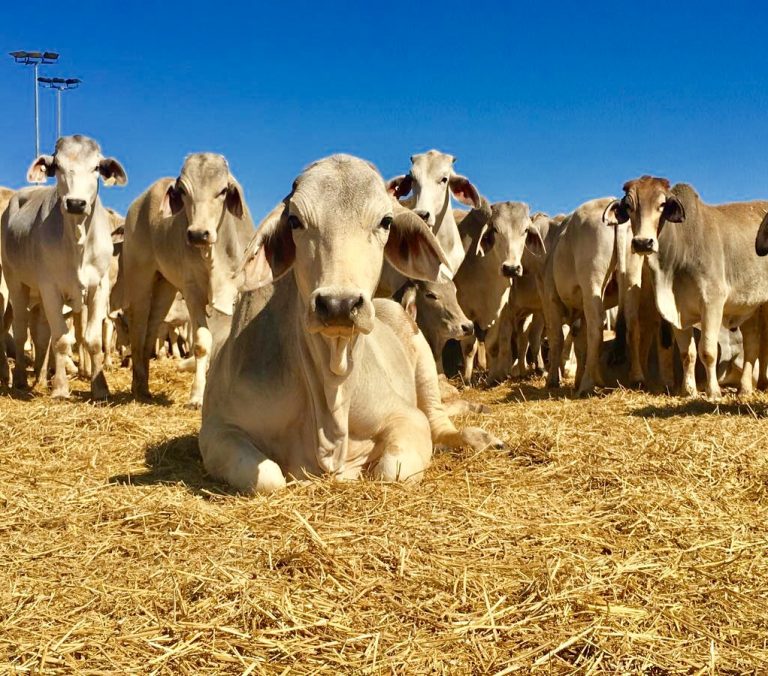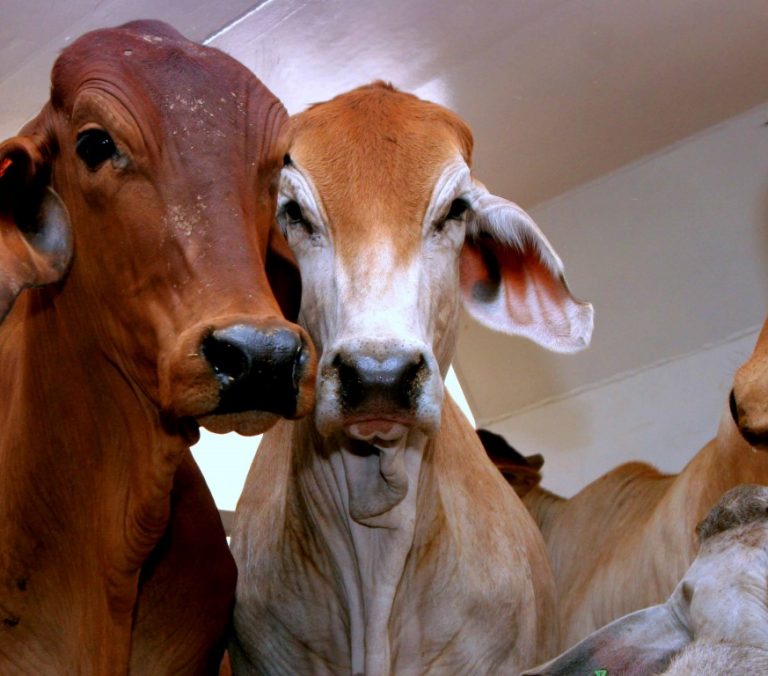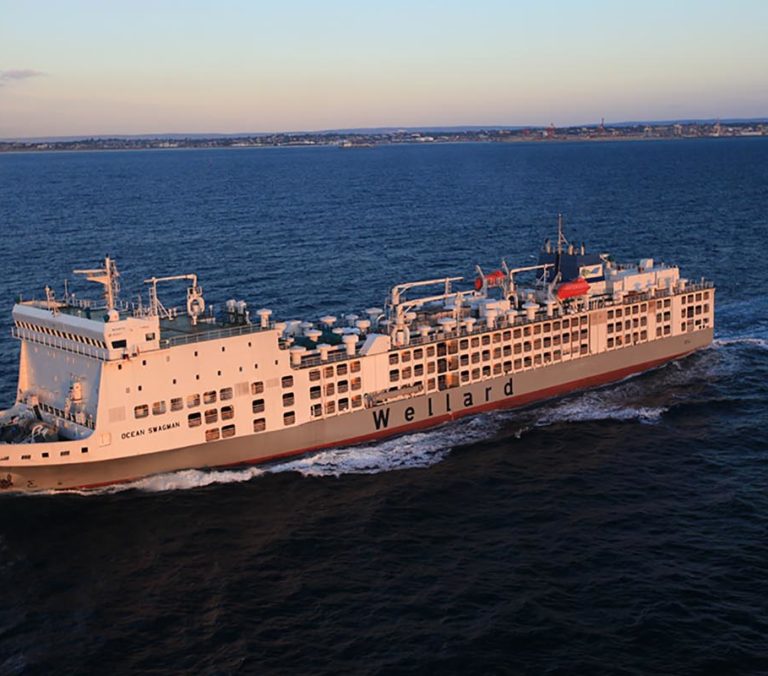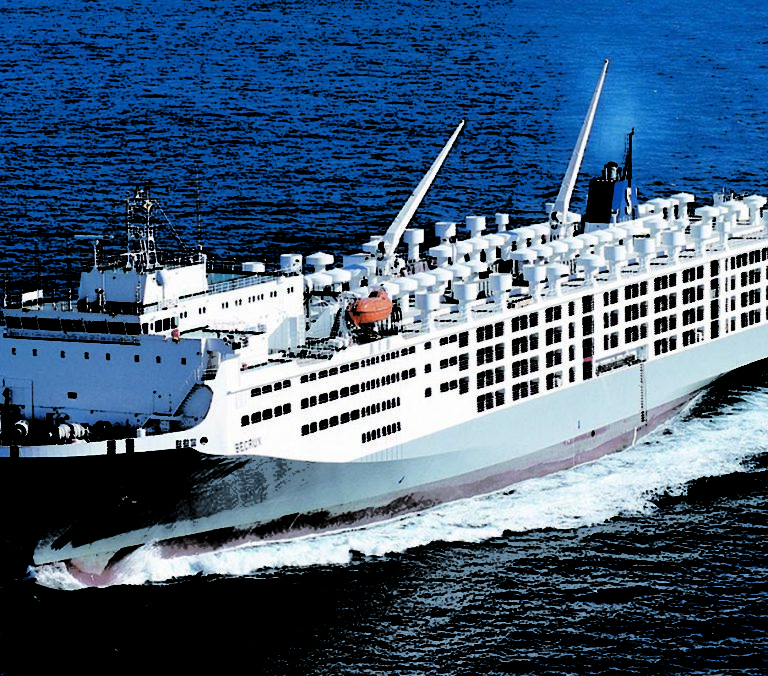ASX Announcement
Wellard Limited (ASX:WLD) (Wellard or the Company) releases the address to be presented by the Chairman at the Company’s Annual General Meeting today at Manning Room, Level 3, Quest Fremantle, 8 Pakenham Street, Fremantle at 10.00am (WST).
Welcome to the 2018 Wellard AGM, my first as Chairman of the Company. My chairman’s address won’t be long this year. I will shortly be presenting further about the operations and finances of the Company, alongside the Company’s CFO John Stevenson.
Wellard’s FY2018 financial results were released three months ago, so are well known. It was a vastly superior result to the previous financial year, and that needs to be acknowledged, but they were still not at a level where the Company delivered sustainable satisfactory returns for shareholders from our valuable assets, and therefore were not acceptable to the board, management and staff.
The $36.0 million improvement to the Company’s EBITDA, which increased from a $26.1 million loss in FY2017 to earnings of $9.9 million for FY2018, was the most pleasing aspect of the results we posted, as it demonstrated the turnaround, which we are working hard on, is working.
We are conscious however that although Net Profit After Tax (NPAT) improved by $38.9 million on the $75.3 million loss in FY2017, we still recorded a loss of $36.4 million for the financial year. A net loss remains unacceptable to the Board and the Company is focusing and working to achieve a return to profit.
The biggest change we have made to the Company’s operations is to how our shipping and trading divisions operate, so one division doesn’t exist solely for the other and each is fully accountable for its own financial performance. Our shipping division now treats our trading division as another export customer. It has a clear business mandate to pursue the most profitable charters, whether they are to Wellard or another exporter. This sounds simple but has involved important and progressive cultural, organisational and systems changes, which are beginning to show good results.
Wellard’s trading focus has narrowed solely to Australian sourced feeder and slaughter cattle for South East Asia where Wellard has traditionally been a dominant player. Our breeding and dairy trading team continue to complete trades across the globe.
Our trading division will only trade when it is profitable to do so, unless there is a strategic imperative to do otherwise.
It is important to recognise that the market for Northern Australian cattle has very limited alternatives other than live export, and as such it is the live export traders who effectively set the pricing as the link between processors and producers. As with all commodity markets, prices often stay higher and lower for longer than the fundamentals support.
Wellard possesses a distinct competitive advantage in the livestock vessel charter market – the investment the Company has made in our modern, state of the art, purpose-built livestock carriers. Our vessels have developed a well-deserved reputation for performance and good animal welfare outcomes on long-haul routes, which creates demand from charterers.
As a result of our change in strategy, 70.0% of Wellard’s shipping capacity was chartered to third parties in FY2018, versus 15.6% in FY2017. This has continued with a higher percentage expected in FY2019, and I cannot see this changing given the expected continued strong Brazil to Turkey trade volumes, and the Indonesian market remaining flat in the face of entrenched Indian Buffalo sales and low Indonesian feedlot margins capped by government mandated beef sales pricing.
In the face of some strong challenges to live export operators in Australia, I would like to take this opportunity to talk about what we believe sets Wellard apart.
There are three core values that we are focussing on in our business:
1. Animal welfare
Animal welfare is at the heart of everything we do. Good animal welfare is core to Wellard. We invest in our people, our processes and our infrastructure to ensure that the best possible animal welfare outcomes are achieved.
We have one of the most modern fleet of livestock carriers in the world; we are active in seeking higher regulatory standards to improve animal welfare outcomes across the industry; we work with research organisations such as universities on R&D projects; we provide training in-market to our customers’ staff; and animal welfare is an important component of our new staff induction process.
These are just a few of the actions that reflect our animal welfare ethos. We are walking the animal welfare walk, not just talking the talk.
In making this investment, it was interesting to note a thought-provoking article on Beef Central in the middle of this year which posed the question: If producers sell on price alone, can they expect good livex outcomes?
The premise of the article is that there is a cost to providing best practice standards, whether they be shipping or in-market, as opposed to meeting the minimum standards or even less.
Maintaining our social licence to operate is the single highest risk we have in our Australian operations. As a company that invests in modern vessels, additional comforts for the animals on board and greater selectivity about who we do business with in-market, we are challenged by a higher cost base.
However, if producers insist on making their selling decisions on price alone, without any reference to an exporter’s substantial investment in superior quality shipping infrastructure and ESCAS records, then there is no reward to the exporter for that investment.
In fact, it can easily be argued that the producers are complicit in undermining the long-term sustainability of the live export trade by preferencing short-term and often minimal gains.
Wellard’s view is that to make Australian live exports sustainable into the future, producers will need to take a longer-term view of their pricing, and help shoulder the real costs of good animal welfare outcomes, about which both good producers and good exporters care a great deal.
Government has a significant role to play by setting and enforcing standards, and of course exporters themselves need to operate in a manner that is consistent with Australian community expectations.
Wellard has not been active in the live sheep export trade for some years as we could not compete commercially. The trade has seen unacceptable outcomes in certain limited cases. Both the live export industry’s lack of adequate self-regulation and government’s regulatory processes have allowed this to occur.
It is now the pressing responsibility of all involved in the live cattle trade to complete the cultural change that is required to ensure that the live cattle trade’s social licence to operate is retained, and that the industry rebuilds its reputation as an important economic and social contributor to both Australia and to the international markets which we serve.
2. Entrepreneurship
Our second core value is Entrepreneurship. Our history is steeped in entrepreneurial endeavours and we foster the same spirit in all our people who act with professionalism, safety and take personal ownership of everything they do.
3. Simplicity
And our third value is simplicity, which may seem obvious but is often difficult to achieve in today’s complex operating environment. We aim to source and move livestock for our customers efficiently, maintaining at all times a focus on excellence, continuous improvement and sustainability.
In Wellard’s original IPO prospectus we noted that we were intent on developing a Secured Sourcing model. The strategic intent remains, and although we have been focussed on some nearer term issues that required management attention, we have continued to develop this model.
We have recently entered into a MOU with Elders Rural Services Australia Ltd for the procurement of Australian cattle commencing in 2019 that we believe will provide greater certainty for our suppliers, our customers and our Company.
Continuing on the theme of simplicity, Wellard’s Beaufort River Meats abattoir has been identified as a non-core asset, sitting off to the side of our larger trading and shipping business.
After receiving a reasonable offer to purchase this asset, Wellard has recently reached agreement on key terms and is currently finalising a contract for its sale to International Meats Pty Ltd.
This sale is expected to complete in February 2019, and is contingent on finalising the contract, and on standard consents, approvals and licence transferrals for transactions of this nature.
The decision to divest BRM is consistent with Wellard’s strategy to hone its focus on its core activities – livestock vessel chartering; export of feeder and slaughter cattle to Asia; and export of breeding and dairy cattle.
The sale will allow management to focus solely on the shipping and trading divisions, which are the big drivers of Wellard’s revenue and earnings.
This transaction will provide approximately $8.0 million cash when realisation of working capital is included (and which will be assessed at completion, based on stock-on-hand and debtors at the relevant time).
Financing
Our debt levels are reducing, but they remain too high due to the relatively high repayment profile associated with ship financing.
Although beneficial in the medium term, this level of debt currently restricts the translation of EBITDA into NPAT and also has an impact on our competitiveness in the market. And the continuous breaching of covenants requires time and effort to gain waivers from our finance providers, who I thank for their support to date.
The Commonwealth Bank has extended its trading facility to February 2019 and will not be renewed. We are in the advanced stages of negotiation on a series of opportunities with alternative specialist financiers to provide agribusiness-focussed trading facilities which will replace CBA thereafter.
Debt restructure remains a key focus of board and management and CFO John Stevenson will explain some more during his part of the management overview.
Outlook
Wellard’s financial performance in the first four months of this financial year has been consistent with the outlook that we provided in our annual report at the end of August.
In the financial year to date, every one of our vessels has been utilised either on charter or with our traded cattle, which provides more consistent and visible earnings for our Company and shareholders.
We successfully completed three consecutive voyages of the MV Ocean Drover into Indonesia consisting of 57,722 traded cattle in total, capitalising on the availability and pricing out of Townsville. The Drover will now likely operate for the rest of the financial year as a charter vessel only. This reflects the new way we are running our business. I will elaborate further on the market outlook for 2019 and Wellard’s positioning later as part of our review of operations.
Conclusion
In closing I would like to thank all of Wellard’s people. Ours is a 24-7-52 business and I am constantly impressed with the dedication of Wellard’s staff at all levels, be it the people working on our ships or those caring for the cattle in our care. It is a tough industry where survival has been a challenge, the staff here today should be proud.
I also thank my predecessor David Griffiths, for the rigour and fairness he brought to the role. David retired on 28 June 2018 and I know the Board joins me in extending its appreciation. The Wellard Board is committed to turning around Wellard’s fortunes. It has begun, and we are doing everything we can to continue that turnaround.
-END-




